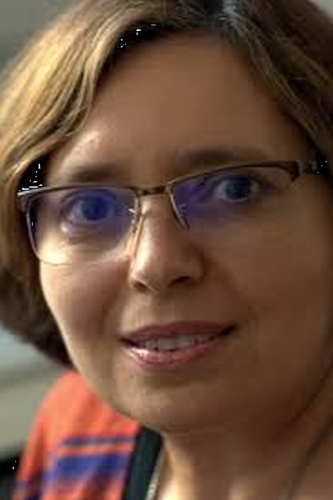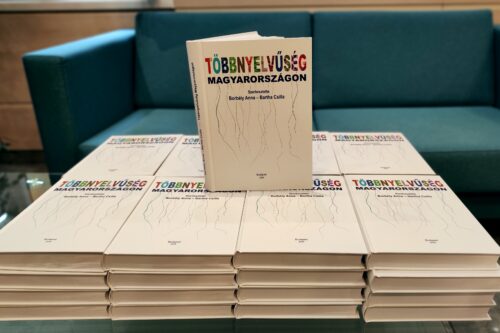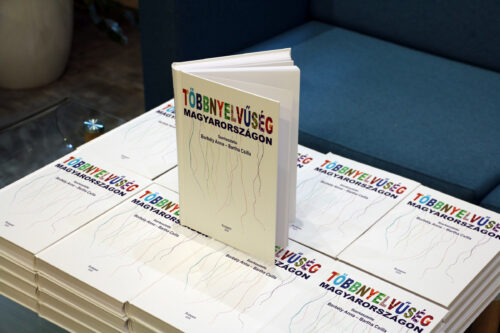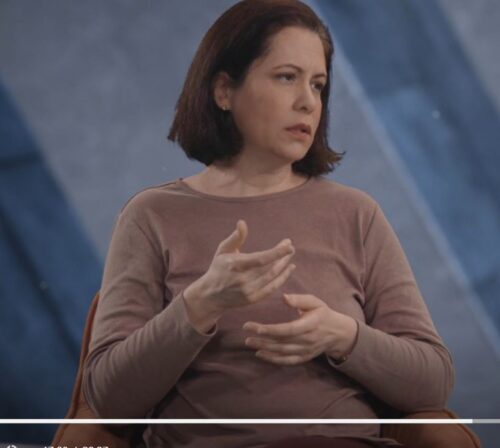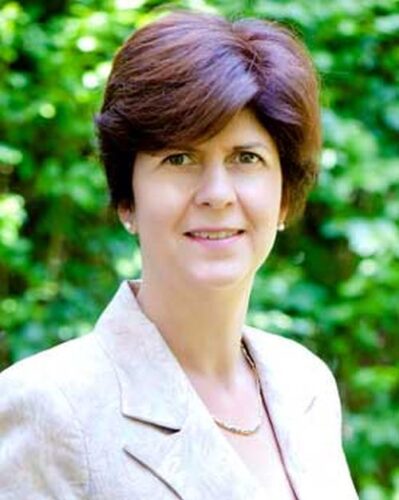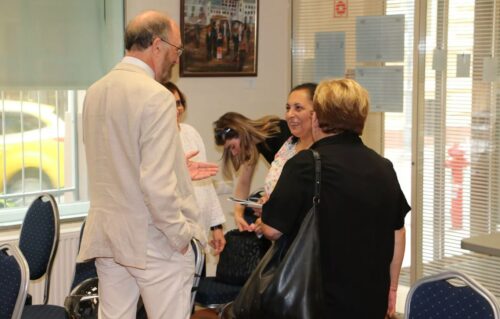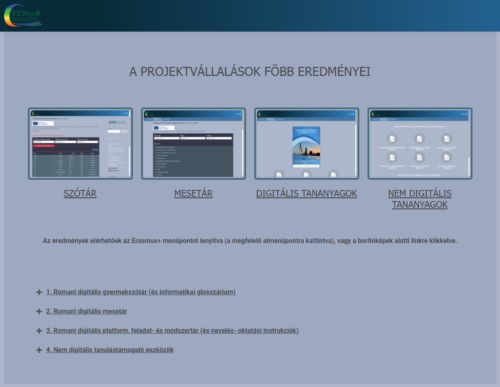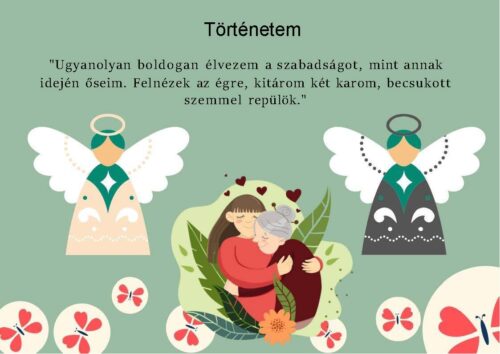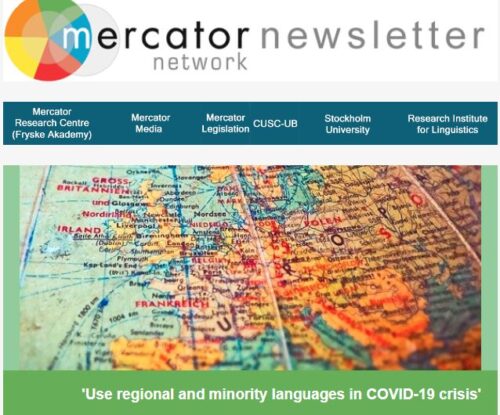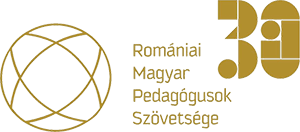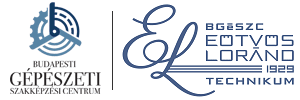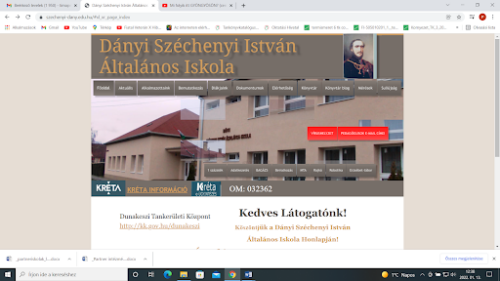Multilingualism and Educational Linguistics Research Group•Research area
The Multilingualism and Educational Linguistics Research Group (MELRG) (and its predecessor, the Multilingualism Research Centre, from 2008 to 2021) investigates issues of socio-cultural diversity and linguistic differences from the perspectives of sociolinguistics, interactional and educational linguistics, in the framework of socially engaged participatory research. Our research focuses on the current linguistic and social effects of globalisation processes and adapting mechanisms in human-human interactions within a rapidly evolving technological environment, in the era of novel ways of communication and knowledge acquisition in new media contexts, the proliferation of human-machine communication and AI. We analyse the changing linguistic diversity in different contexts, the unequal socialisation, learning and institutional consequences of these processes among different social groups, Hungarian and multilingual communities, especially ethnic, Roma and sign language communities, in different settings.
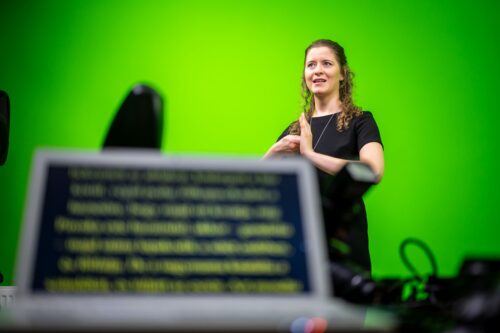
Focus areas
Our research focuses are: 1) exploring the linguistic situation of national minorities in Hungary, the mechanisms of language shift, factors delaying linguistic assimilation, new forms of multilingualism and language learning, and developing research-supported approaches to sustainable diversity; 2) to continue and extend the research started in Hungary more than a decade ago – carried out exclusively by this research group – on the Hungarian Deaf community, Hungarian Sign Language, its development, use and learnability, multimodal dictionary, terminology and curriculum development, based on the already established Hungarian Sign Language corpus and dictionary database; 3) interactional sociolinguistic-cognitive pragmatic analysis of monolingual and bilingual communication situations by exploring the different pathways of language socialisation, its learning and social consequences, the development of metapragmatic awareness and its functioning in language ideological reflexions; 4) research and development in educational linguistics based on the above objectives to support the education of both native Hungarian and marginalised minority children, by exploring linguistic and socio-cultural disadvantages in a more accurate and differentiated way, in order to improve Hungarian literacy and comprehension, digital competences, language use and knowledge acquisition methods.
Background
The predecessor of the Multilingualism and Educational Linguistics Research Group operated as the Multilingualism Research Centre from 2008 to 2021. The preceding years the Multilingualism Research Group operated within the Applied Linguistics Department with the senior research staff of the current research group. Since its foundation, its core research has included the study of bilingualism and multilingualism in general and in minority situations (ethnic communities, Roma communities and sign language communities), as well as sociolinguistic research on language change and linguistic diversity. All this was the continuation of the research path of Zita Réger who pioneered in her approach, methodology and content carrying out researches primarily on the disadvantaged situation of Roma children and on improving their schoolar opportunities. With the cessation of the Department of Sociolinguistics, the Multilingualism Research Group, and later the Multilingualism Research Centre, became the main workshop for sociolinguistic research at the Research Institute for Linguistics. Three of the current staff members were involved in the creation and corpus development of the Budapest Sociolinguistic Interview (BUSZI) database, directed by Miklós Kontra, and four researchers currently work on the sociolinguistic analysis and processing of the database, continuing the interactional sociolinguistic research activities. MELRG ‘s predecessor, in both ways as a research group and as a centre carried out research in the above mentioned four focus areas. Its previous results were published and disseminated to the academic and the broader public in the form of volumes, international and national publications, coordinated and partnered projects, and numerous international, regional and national conferences.
(For details see https://mta-tkk.hu/ és http://edulingua.net/edupage/ external
websites/research staff)
Due to the results of individual and group research in the above mentioned areas, especially in the field of bilingualism in the deaf community and sign language, which have been validated by the international academic community, as well as our social involvement (e.g. the professional preparation of the Sign Language Act’s parts on sign language and education), our research community was commissioned by the government in 2013 to participate in the research on the introduction of bilingual education. The MELRG, established in 2021, will continue to prioritise these directions in its new research, including the issue of language disadvantage and research-based support for bilingual education.
In parallel to our new research, our research group prioritises to gradually process the considerable amount of empirical material collected in the framework of the projects of the past years (TÁMOP, EFOP, MTA Languag-E-Chance), in order to make the results of the previous and new research available and usable in a comprehensible form for the broader public as part of the scientifically more credible approach to misconceptions.
Construction
The research group is organised into working groups on multilingualism and on educational linguistics.
| Research group leader: Helga Hattyár, PhD Email: hattyar.helyga@nytud.elte.hu Phone: +36 (1) 3429372 / 6078 |
Multilingualism and Educational Linguistics Research Group•Staff


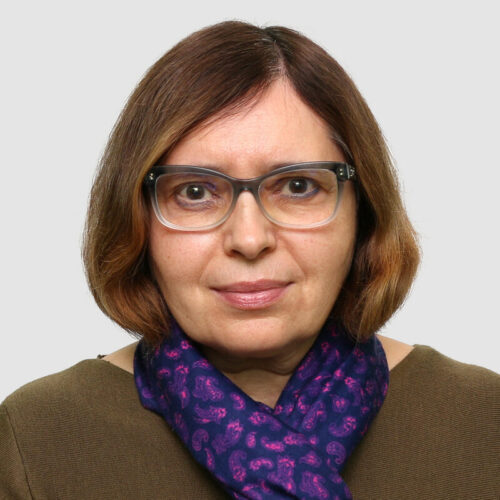
Institute for Language Technologies and Applied Linguistics
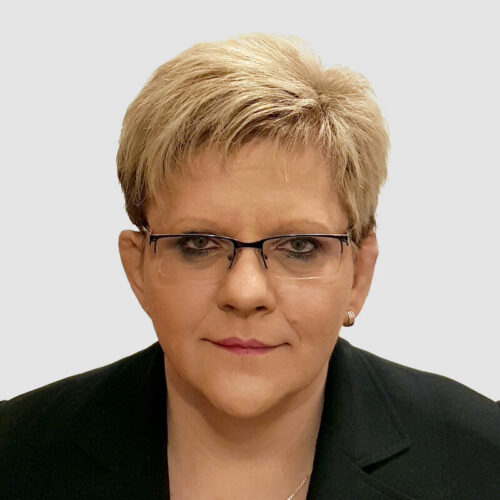
Institute for Language Technologies and Applied Linguistics
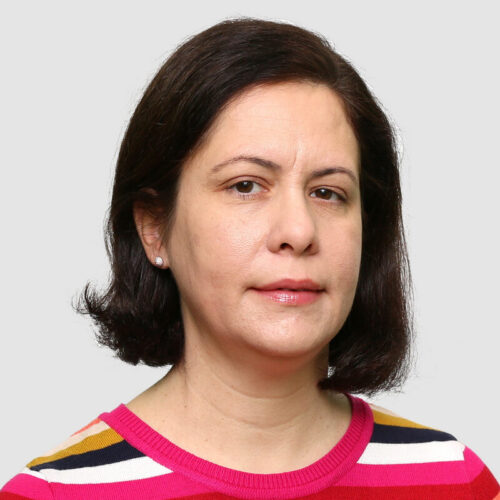

Institute for Language Technologies and Applied Linguistics
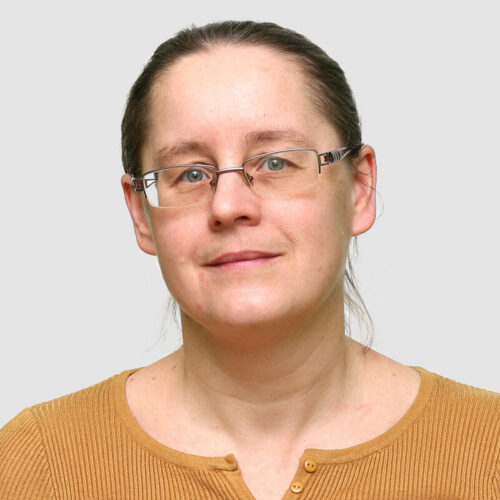
Institute for Language Technologies and Applied Linguistics

Multilingualism and Educational Linguistics Research Group•Research
Linguistic diversity and multilingualism in minority communities
Implementer: MELRG Multilingualism Working GroupWhile bilingualism and multilingualism have always been a natural consequence of the interaction of groups with different languages and cultures, in a globalised world, as communities become more diverse and linguistic resources more mobile, this means increasingly extensive and complex arrangements. The focus of the working group’s research is on the theoretical and empirical sociolinguistic study of linguistic diversity, the concept of bilinguali ...
Opportunity building and learning support in marginalised communities
Implementer: MELRG Educational Linguistics Working GroupResearch and development in educational linguistics aims to support the education of Hungarian-speaking and disadvantaged monolingual/bilingual minority children (mainly Roma and deaf), to identify linguistic and socio-cultural disadvantages more accurately and differentiated, to develop Hungarian-language literacy and comprehension, digital competences, language use and knowledge acquisition methods. The practical results of this work to d ...
Multilingualism and Educational Linguistics Research Group•News
Multilingualism and Educational Linguistics Research Group•Events
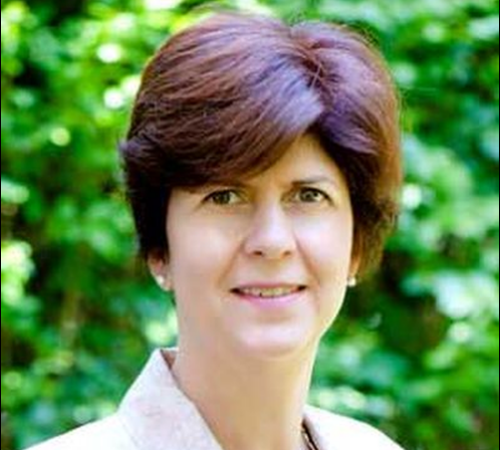
Az anyanyelvi készségek, a munkamemória és a szorongás szerepe az idegennyelvi olvasásban
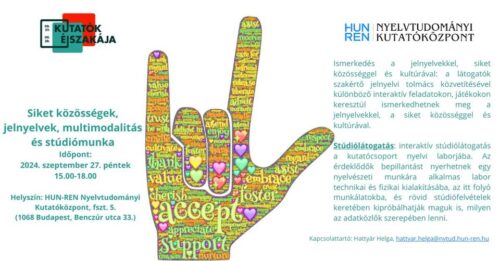
Siket közösségek, jelnyelvek, multimodalitás és stúdiómunka
Multilingualism and Educational Linguistics Research Group•Contacts
Partner institutions

Fogd Meg a Kezem Roma Association

